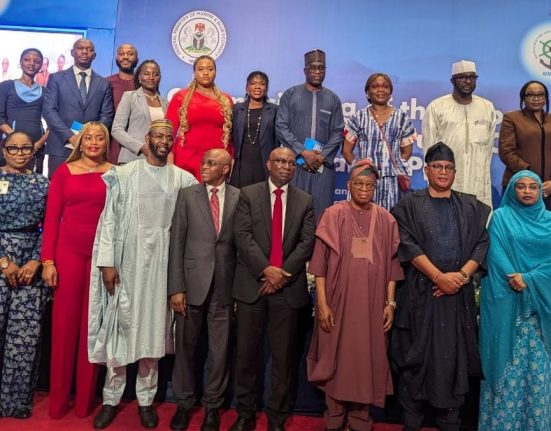No fewer than 3,298 people are on death sentence in various Nigerian Correctional Facilities are on the death sentence.
Mr Abubakar Umar, the Spokesman for the Nigerian Correctional Service, announced this in Abuja, on Wednesday.
Umar said that authorities have abrogated the term ‘condemned criminal’.
He said that with the implementation of the new NCoS Act 2019, which redesignates prisons to become Correctional Centres, the term ‘condemned criminal’ had abrogated.
Condemned criminal, he said, was stigmatising.
The spokesman said that the service preferred to use a more friendly term of ‘Inmates on Death Row (IDR)’.
He said correctional facilities do not always carry out death sentences immediately.
“There are long periods of uncertainty for the convicted, while authorities appeal their cases at higher levels.
“Inmates awaiting execution live on what we call death row, some offenders get executed more than 15 years after their convictions.
“They are awaiting the hangman’s noose in our custodial centres when courts condemn them for being guilty of capital offences.
“We have many of them. As of today, we have a total of 3,298 inmates on death row.
“They constitute about 4.5 per cent of the total of number inmates in our various custodial centres nationwide,” he said.
Umar hinted that some with death sentences had been in custody for many years.
He added that some remain in the facility since their arrest, up to when they face trial and sentenced.
According to him, many of them committed capital offences like culpable homicide, armed robbery and terrorism among others.
“The good thing is that we engage all of them in activities that will reform and modify their behaviour.
“The goal is to make them better citizens of the nation.
“We also make them undergo personal development programmes like anger management, civic education and entrepreneurship.
“Some of them, who do well and are hardworking, industrious and disciplined, are recommended for clemency to the relevant authorities.”
He said in the past, authorities carry out execution regularly, before the proliferation of activities of human rights groups.
“Currently, there is a kind of moratorium on the execution of offenders.
“Before the moratorium on execution of those with death sentences (IDRs) became widespread, authorities carry out executions as and at when due.
“But with the rising activities of human rights groups, many governments shy away from signing the death warrants of the offenders,” he said.
According to him, execution is not common any more. The last execution of IDRs was done in 2016 in Edo.
“We encourage state governors, who shy away from signing the death warrants, to commute them into other sanctions.
“This will ensure removal of the toga of death from them,” he said.
Do you have a flair for Citizenship Journalism? Share story(ies) of happenings in your area with The NewsZenith on WhatsApp: 08033668669 or thenewszenith@gmail.com






